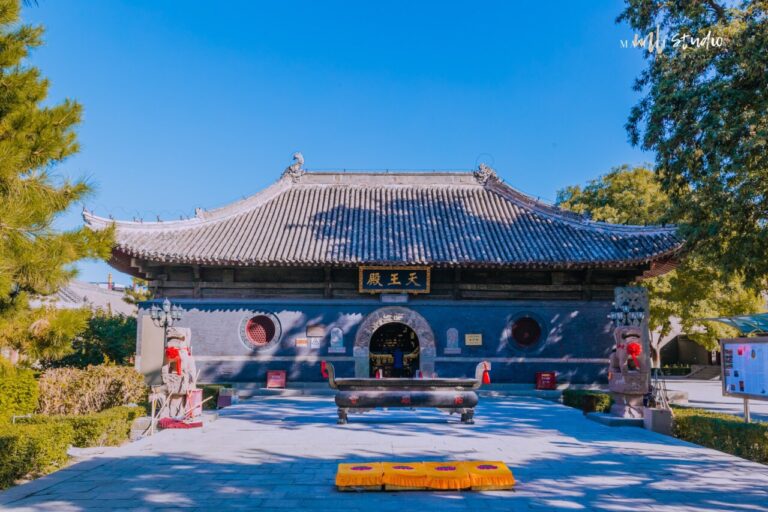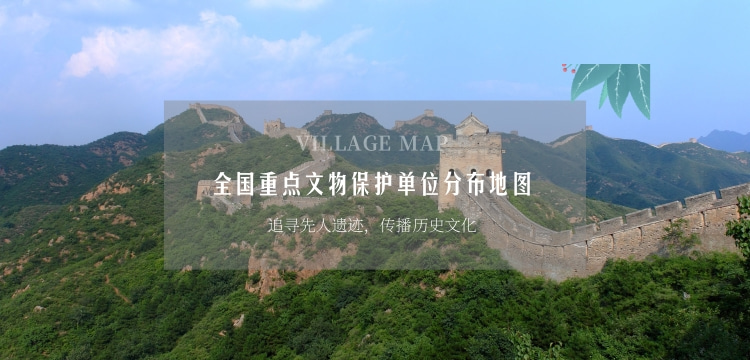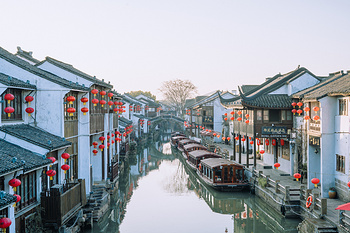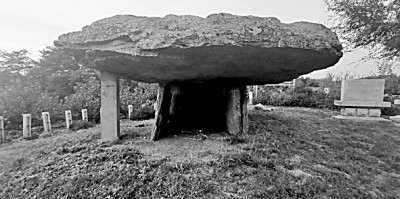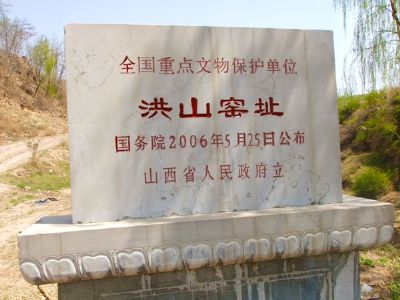A Traveler’s Guide to Jincheng Yangcheng Confucian Temple: Unveiling the Secrets of Confucian Philosophy
An Essential Guide to Visiting Jincheng Yangcheng Confucian Temple
In This Guide
- An Essential Guide to Visiting Jincheng Yangcheng Confucian Temple
- The Rich History of Jincheng Yangcheng Confucian Temple
- Main Highlights: What to See at Jincheng Yangcheng Confucian Temple
- Planning Your Visit: A Practical Guide
- Tickets, Hours, and Booking
- How to Get There
- Local Cuisine and Accommodation
- Frequently Asked Questions
- Final Thoughts on Your Trip
Nestled in the heart of Shanxi Province, the Jincheng Yangcheng Confucian Temple stands as a testament to China’s rich cultural heritage and architectural grandeur. This ancient temple complex, dating back to the Ming and Qing dynasties, is dedicated to the revered philosopher Confucius, whose teachings have profoundly influenced Chinese society for centuries. Located in the southeastern corner of Yangcheng County, this site is not only a significant historical monument but also a designated cultural relic, protected for its unique representation of traditional Chinese architecture.
Visitors to the temple will find themselves enveloped in a serene atmosphere, where the echoes of scholarly pursuits and spiritual reflection still resonate. The intricate designs and well-preserved structures invite exploration, allowing you to step back in time and appreciate the values that shaped Confucianism. Whether you’re a history enthusiast, a lover of architecture, or someone seeking a peaceful retreat, the Jincheng Yangcheng Confucian Temple offers a captivating glimpse into the past, enriched by its cultural significance and scenic surroundings.
As you wander through its hallowed halls, take a moment to absorb the tranquility and wisdom that permeate the air. This guide will provide you with everything you need to know to make the most of your visit to this remarkable site, including insights into its history, architectural features, and practical tips for exploring the temple and its vibrant surroundings. Prepare to embark on a journey that celebrates the essence of Confucian philosophy and the beauty of traditional Chinese culture.
The Rich History of Jincheng Yangcheng Confucian Temple
The Jincheng Yangcheng Confucian Temple, a significant cultural and historical site located in Yangcheng County, Shanxi Province, holds a prominent position within the region’s architectural heritage. Established during the Ming Dynasty and further developed in the Qing Dynasty, this temple serves as a testament to the enduring influence of Confucian philosophy in Chinese society.
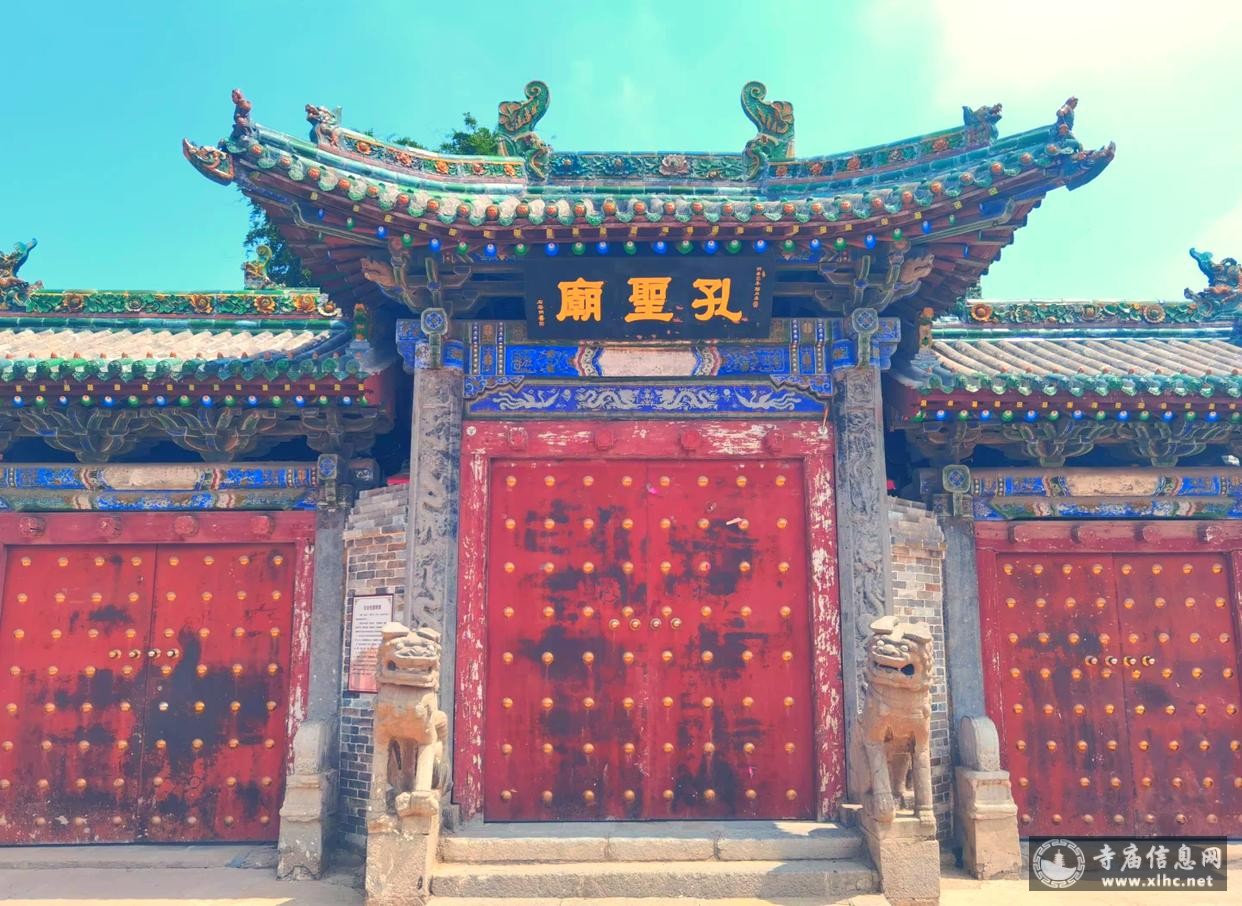
Jincheng Yangcheng Confucian Temple.
The temple’s construction can be traced back to the Ming era, around the late 14th to early 17th centuries, a period marked by a revival of Confucian ideals and the establishment of educational institutions across China. Confucian temples were built to honor Confucius, the revered philosopher whose teachings emphasized ethics, morality, and proper governance. As such, these temples became centers for academic study and community gatherings, promoting the values of respect, righteousness, and filial piety.
In 1996, the Jincheng Yangcheng Confucian Temple was designated as a protected cultural heritage site by the Shanxi Provincial Government. This recognition not only highlights its historical significance but also underscores the efforts to preserve and promote traditional Chinese culture. The temple’s design features classic architectural elements typical of the Ming and Qing dynasties, including intricately carved wooden beams, elegant roofs with upturned eaves, and beautifully adorned altars dedicated to Confucius.
Throughout the centuries, the temple has served multiple purposes. It has been a site for various rituals, including ceremonies honoring Confucius and other historical figures, as well as a venue for educational activities. Scholars and students would gather here to pay homage to Confucius and engage in discussions about his teachings and their application in daily life.
Today, the Jincheng Yangcheng Confucian Temple stands not only as an architectural marvel but also as a symbol of the enduring legacy of Confucianism in Chinese culture. Visitors to the temple can explore its serene grounds, admire its historical architecture, and immerse themselves in the philosophical teachings that continue to resonate in contemporary society. The site offers a unique glimpse into the past, allowing guests to appreciate the rich tapestry of history that has shaped the region and the broader cultural landscape of China.
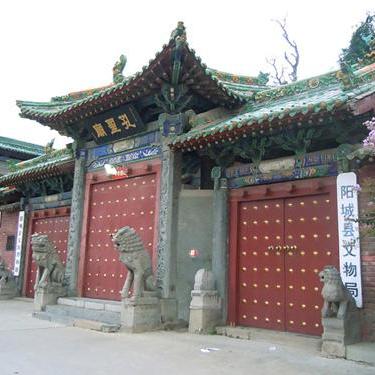
Jincheng Yangcheng Confucian Temple.
Main Highlights: What to See at Jincheng Yangcheng Confucian Temple
The Jincheng Yangcheng Confucian Temple, nestled in the southeastern corner of Yangcheng County in Shanxi Province, is a remarkable testament to China’s rich cultural heritage and architectural brilliance. This historical site, designated as a cultural relic protection unit in 1996, showcases the traditional architectural styles of the Ming and Qing dynasties, making it a must-visit for history buffs and architecture enthusiasts alike.
One of the temple’s standout features is its beautifully preserved structure, which exemplifies the classical elements of Confucian design, including intricate carvings and expansive courtyards. Visitors can explore the layout that represents the Confucian values of harmony and respect, with various halls dedicated to the veneration of Confucius and other notable scholars.
The temple complex is not only a spiritual sanctuary but also an educational site that provides insights into Confucian philosophy and its influence on Chinese society. Informative plaques and guides within the temple narrate the significance of Confucian teachings, enriching the visitor experience.
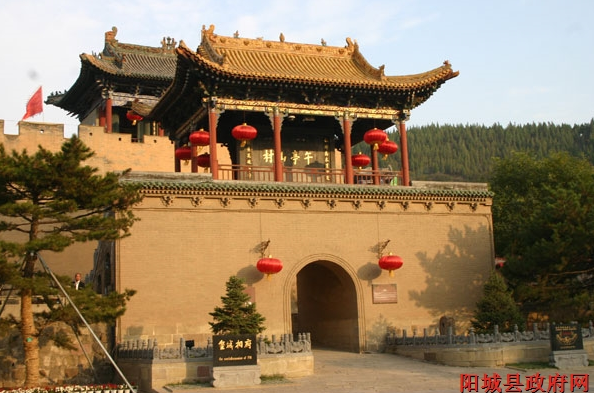
Jincheng Yangcheng Confucian Temple.
In addition to its educational value, the temple is surrounded by serene gardens and ancient trees, offering a peaceful retreat from the hustle and bustle of modern life. This tranquil environment makes it an ideal spot for reflection and meditation.
For those exploring the wider region, the Jincheng Yangcheng Confucian Temple serves as a perfect starting point to discover other nearby attractions, including ancient towns and historical sites that further illuminate the rich tapestry of Shanxi’s cultural landscape.
Overall, the Jincheng Yangcheng Confucian Temple stands as a beacon of traditional Chinese culture, inviting travelers to delve into its storied past while appreciating the beauty of its architecture and the wisdom of Confucian philosophy. Whether you are a history enthusiast, a spiritual seeker, or simply someone looking for a serene place to unwind, this temple promises a rewarding experience.
Planning Your Visit: A Practical Guide
Practical Guide to Jincheng Yangcheng Confucian Temple
Visiting the Jincheng Yangcheng Confucian Temple, a significant historical and cultural site located in Yangcheng County, Jinchen City, Shanxi Province, offers travelers a glimpse into ancient Chinese architecture and Confucian philosophy. Here’s everything you need to know to make the most out of your visit.
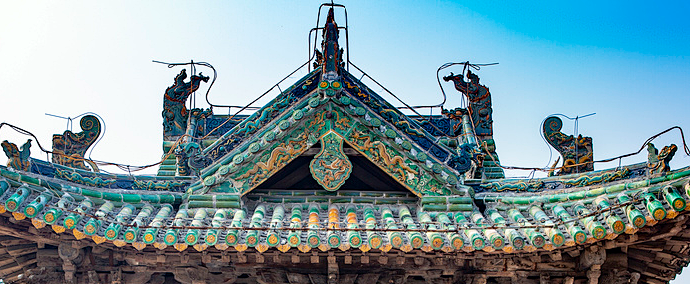
Jincheng Yangcheng Confucian Temple.
Location and Access
The temple is situated in the southeastern corner of Yangcheng County, easily reachable from the center of Jinchen City. If you’re traveling from nearby cities, public transport such as buses or taxis can be utilized, and local signage will guide you along the way. For those driving, ample parking is available nearby.
Opening Hours
Typically, the temple is open from 8:00 AM to 5:30 PM. However, it is advisable to verify the timings before your visit, especially during public holidays or festive seasons when hours may vary.
Admission Fees
Entry to the temple is generally free; however, special exhibitions or guided tours might incur a nominal fee. It’s best to check for any updates regarding entry costs on the official tourism website or at the temple entrance.
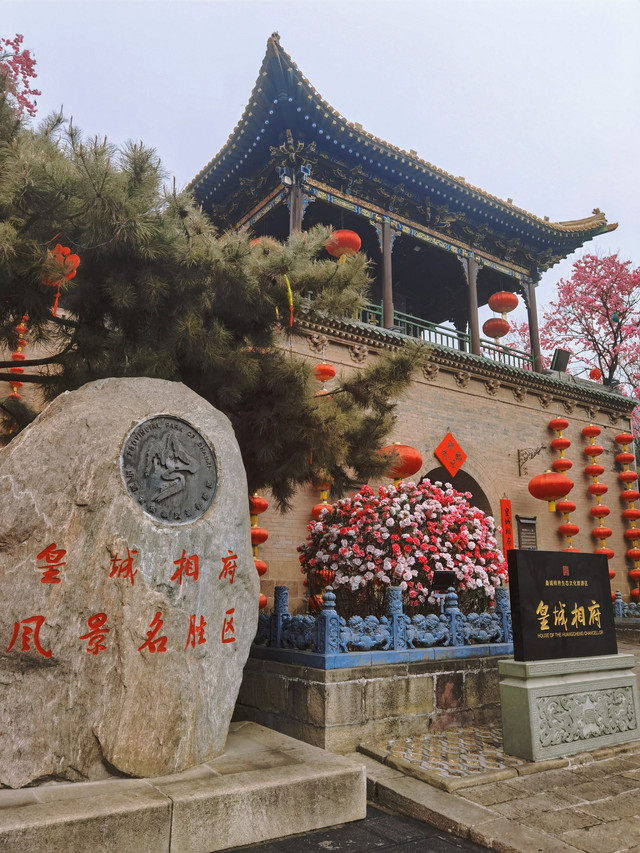
Jincheng Yangcheng Confucian Temple.
What to See
-
Architectural Marvels: The temple features typical Ming and Qing dynasty architecture, showcasing intricate wooden carvings and beautifully preserved structures. Don’t miss the main hall, which houses statues of Confucius and other historical figures.
-
Cultural Significance: As a site dedicated to Confucian teachings, the temple often hosts educational events and ceremonies. Take the opportunity to engage with local scholars or participate in traditional rites.
-
Surrounding Gardens: The temple complex is set amidst tranquil gardens, perfect for a leisurely stroll. These gardens provide a serene environment to reflect on the teachings of Confucius.
Tips for Visitors
- Dress Code: While there are no strict dress codes, it is respectful to dress modestly, given the temple’s cultural significance.
- Guided Tours: Consider hiring a local guide for a richer understanding of the temple’s history and Confucian philosophy. Many guides are fluent in English and can offer insights that enhance your experience.
- Photography: Photography is generally allowed, but be mindful of signs that indicate restrictions on taking photos of certain areas, especially during ceremonies.
- Cultural Etiquette: When visiting, it’s important to maintain a respectful demeanor. Speaking softly and refraining from disruptive behavior is encouraged, especially in areas designated for worship.
Nearby Attractions
After visiting the Confucian Temple, you can explore additional cultural sites in the area:
– Yangcheng Old Town: A short distance from the temple, this area is rich in historical architecture and local shops.
– Jincheng City: Known for its ancient sites and museums, it’s worth extending your visit to experience more of Shanxi’s rich cultural heritage.
Conclusion
The Jincheng Yangcheng Confucian Temple is not only a place of worship but also a cultural landmark that embodies the values of Confucianism. With its stunning architecture and serene surroundings, it is a must-visit for those seeking to understand China’s philosophical foundations and historical traditions. Prepare for your trip by considering the tips provided, and enjoy a meaningful journey through history!
Tickets, Hours, and Booking
Visiting the Jincheng Yangcheng Confucian Temple, also known as the Yangcheng Wenmiao, is a culturally enriching experience that offers insight into China’s Confucian heritage. Here’s what you need to know about tickets for this historical site:
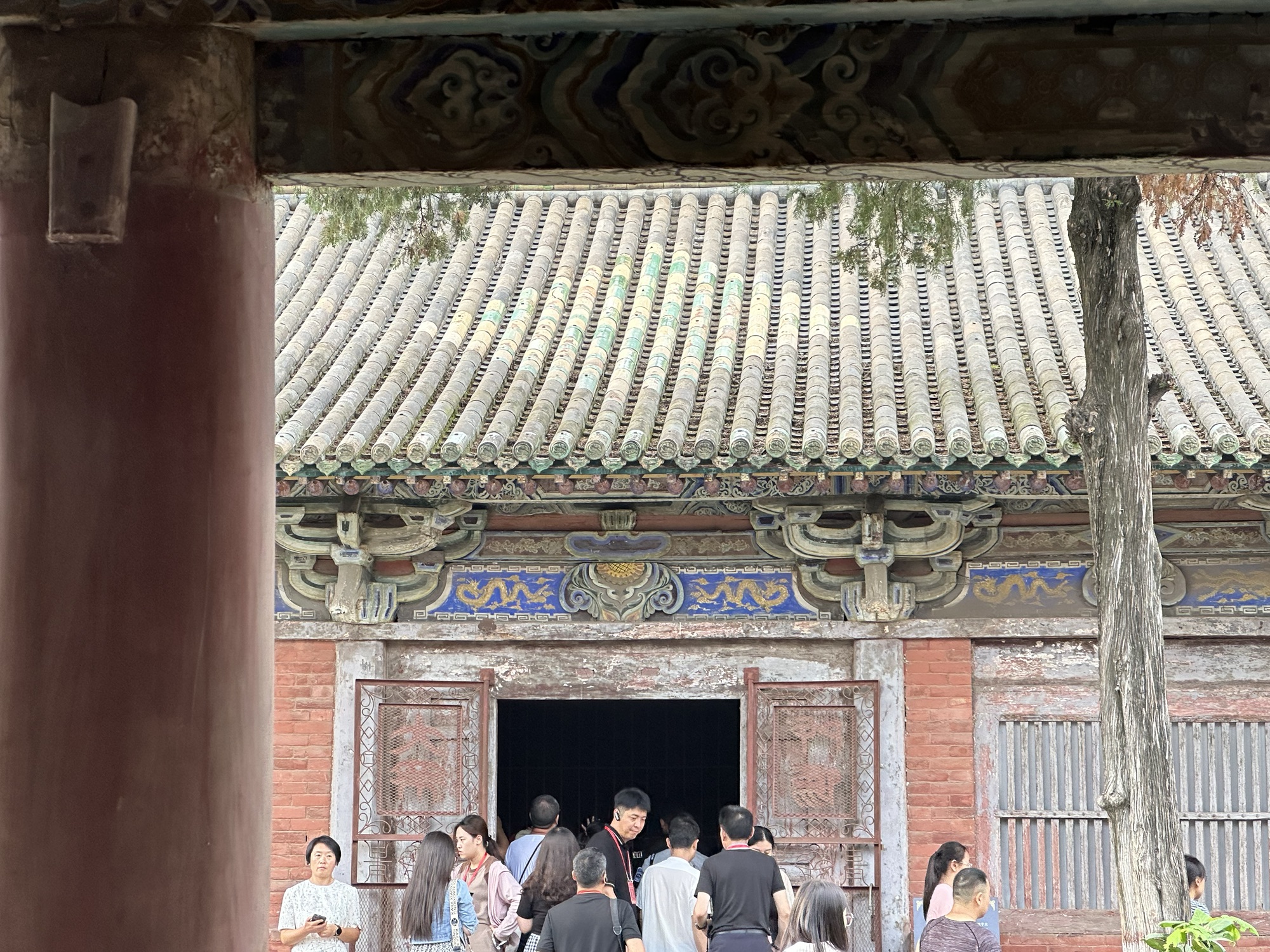
Jincheng Yangcheng Confucian Temple.
Ticket Information
-
Admission Fee: The entrance fee for the Yangcheng Confucian Temple is generally around CNY 30 for adults. Discounts may be available for students and seniors, so it’s advisable to bring relevant identification if you qualify for these concessions.
-
Opening Hours: The temple is open to visitors from 8:00 AM to 6:00 PM daily. However, the last entry is typically allowed until 5:30 PM, so plan your visit accordingly to ensure you have ample time to explore.
-
Guided Tours: If you’re interested in a deeper understanding of the temple’s history and significance, consider joining a guided tour. These often require an additional fee, usually around CNY 50, which may include a knowledgeable guide who can provide insights and stories about the temple’s architecture and Confucian teachings.
-
Group Discounts: For larger groups, there may be special pricing or discounts available. It’s best to contact the temple administration in advance to arrange for group visits and inquire about potential savings.
-
Payment Methods: Tickets can be purchased at the entrance, but it is recommended to check if online booking options are available, especially during peak tourist seasons. This can help you avoid long queues.
-
Accessibility: The temple is generally accessible for visitors with mobility challenges, but it’s advisable to check in advance for any specific accommodations or assistance that may be needed.
By planning your visit to the Jincheng Yangcheng Confucian Temple with this ticket information in mind, you can make the most of your time in this serene and historically rich environment. Enjoy your journey into the heart of Confucian philosophy and Chinese culture!
How to Get There
Getting to Jincheng Yangcheng Confucian Temple, known as 阳城文庙, can be a delightful journey filled with scenic views and a taste of local culture. Here’s how to navigate your way to this historical site:
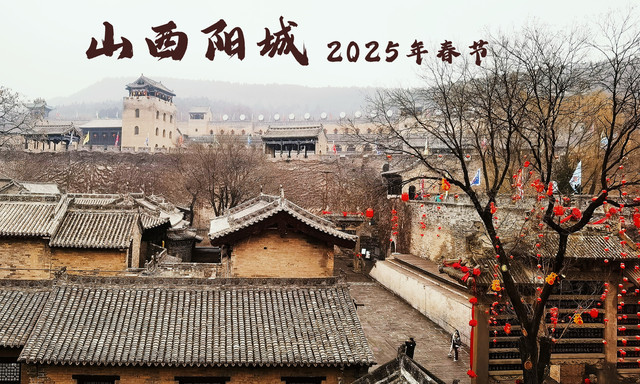
Jincheng Yangcheng Confucian Temple.
By Air
The nearest major airport is Jincheng Airport (JCN), located about 10 kilometers from the city center. It offers domestic flights from several major cities in China. From the airport, you can take a taxi or a pre-arranged shuttle to reach the temple, which is roughly a 20-minute drive.
By Train
Jincheng has a train station that connects it to several key locations across China, including Taiyuan and Pingyao. High-speed trains frequently run from Taiyuan Railway Station to Jincheng, taking approximately 1.5 to 2 hours. Once you arrive at Jincheng Railway Station, you can take a taxi or a local bus directly to the temple, which is around 5 kilometers away.
By Bus
For those traveling from nearby cities, long-distance buses frequently operate from Taiyuan, Pingyao, and Linyi to Jincheng. The bus station in Jincheng is centrally located, making it easy to grab a taxi or find local transport to Yangcheng Confucian Temple.
Local Transportation
Once in Jincheng, the local transportation options include:
– Taxis: Widely available and relatively inexpensive. Make sure to have the destination written in Chinese (阳城文庙) to show the driver.
– Public Buses: A budget-friendly option, although routes may be less straightforward for non-Chinese speakers. Look for buses heading towards 阳城 or the city center to get closer to the temple area.
– Bicycles and E-scooters: These are available for rent in the city, offering a fun way to explore local sights at your own pace.
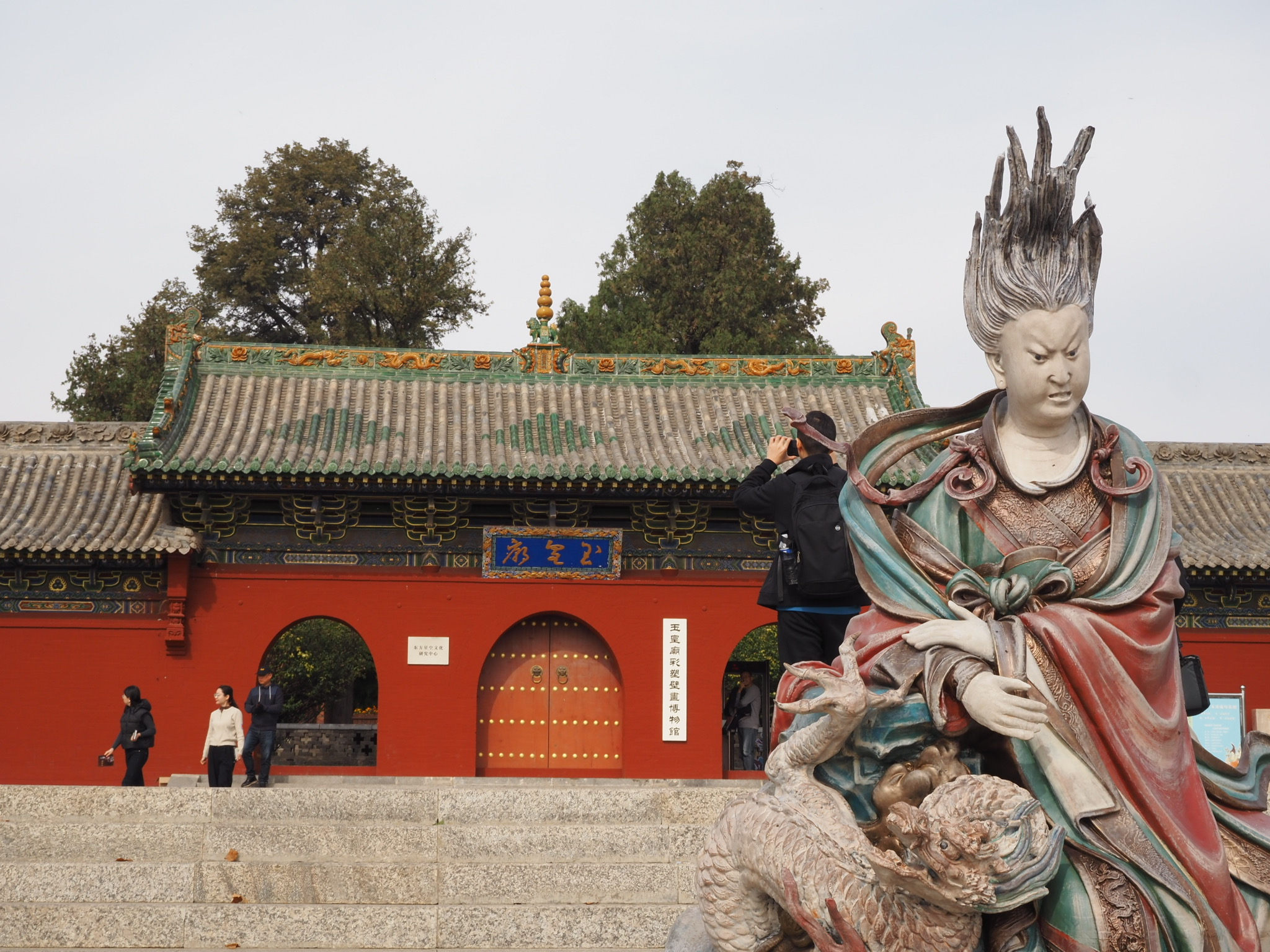
Jincheng Yangcheng Confucian Temple.
Walking
If you’re staying in Jincheng and prefer to explore, the temple is within walking distance from the city center. The walk can be enjoyable, allowing you to soak in the local atmosphere and architecture along the way.
Tips for Travelers
- Language: While many locals may not speak English, having key phrases or a translation app can greatly enhance your experience.
- Local Currency: Ensure you have some cash (Renminbi) on hand, as smaller shops and eateries may not accept cards.
- Best Time to Visit: Early mornings or late afternoons are ideal for avoiding crowds and enjoying a peaceful visit to the temple.
Navigating your way to Jincheng Yangcheng Confucian Temple can be an enriching experience, offering glimpses of both historical significance and local life. Whether by air, rail, or road, the journey itself adds to the allure of this cultural landmark.
Local Cuisine and Accommodation
When visiting the Jincheng Yangcheng Confucian Temple, you’ll undoubtedly want to immerse yourself in the local culinary offerings and find comfortable accommodations to enhance your experience.
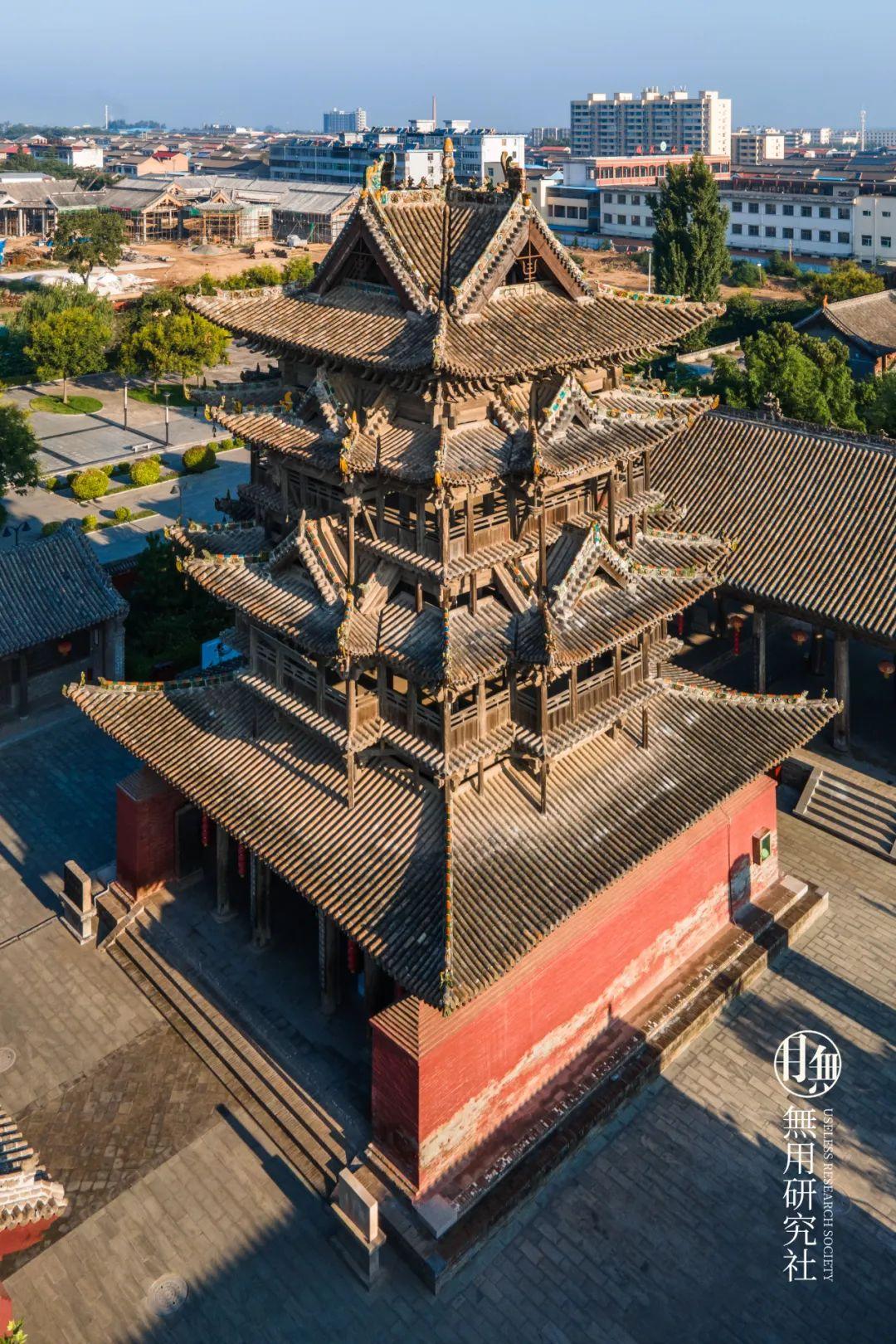
Jincheng Yangcheng Confucian Temple.
Where to Eat
1. Local Delicacies in Yangcheng:
Yangcheng is known for its rich culinary traditions, influenced by the flavors of Shanxi province. Be sure to try Yangcheng’s famous vinegar, renowned for its unique taste and quality. This local specialty is often paired with various dishes, enhancing flavors with a tangy kick.
2. Authentic Shanxi Noodles:
Don’t miss out on the Shanxi noodles, especially the hand-pulled varieties. Restaurants like Jincheng Noodle House serve delicious bowls of dao xiao mian (knife-cut noodles) topped with savory meats and vegetables. The texture and taste of these noodles are a highlight of the local cuisine.
3. Street Food Experience:
For a more casual dining experience, explore the street food stalls around the temple area. Vendors often sell spicy skewers, baozi (steamed buns), and jiaozi (dumplings) that are perfect for snacking as you stroll through the historic sites.
4. Traditional Shanxi Cuisine Restaurants:
Consider dining at Lao Shanxi Restaurant, known for its traditional dishes like ping guo jiang (vinegar chicken) and yangrou paomo (bread soaked in mutton soup). The ambiance and decor reflect the cultural heritage of the region, providing a cozy dining atmosphere.
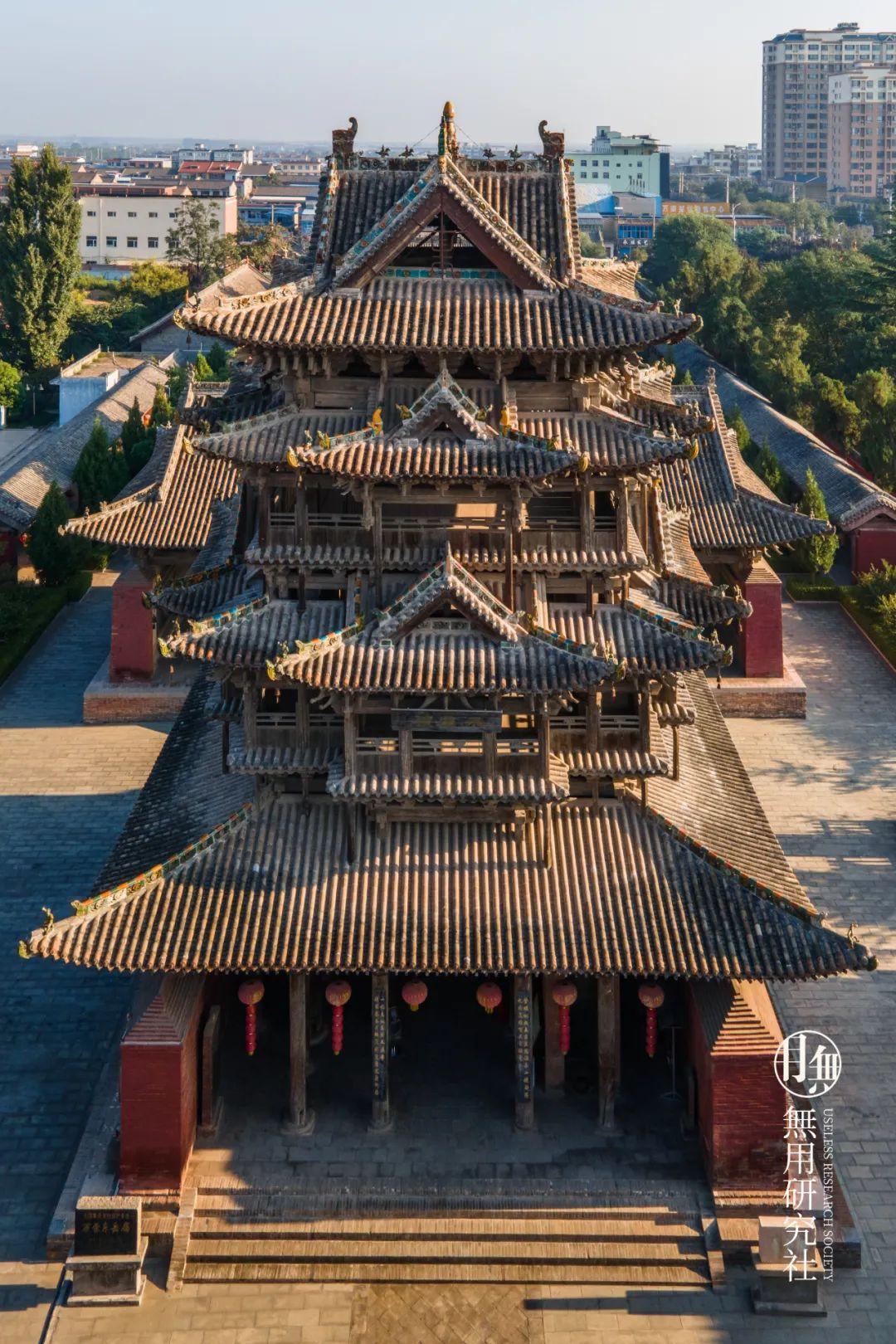
Jincheng Yangcheng Confucian Temple.
Accommodation Options
1. Nearby Hotels:
For comfortable lodging, there are several hotels within close proximity to the Confucian Temple, making it easy to explore the area.
-
Yangcheng Garden Hotel: This establishment offers modern amenities and a serene garden setting, perfect for relaxation after a day of sightseeing. The staff is known for their hospitality, ensuring a pleasant stay.
-
Jincheng International Hotel: A bit further but still within reasonable distance, this hotel provides upscale accommodations with a variety of dining options on-site. Its central location makes it ideal for exploring Jincheng.
2. Boutique Guesthouses:
For a more intimate experience, consider staying at a local guesthouse. Confucian Inn offers a charming atmosphere with traditional decor, providing insights into local culture while being a short walk from the temple.
3. Budget-Friendly Hostels:
If you’re traveling on a budget, Backpacker’s Hostel in Jincheng provides affordable dormitory-style accommodations. It’s a great way to meet fellow travelers and share experiences.
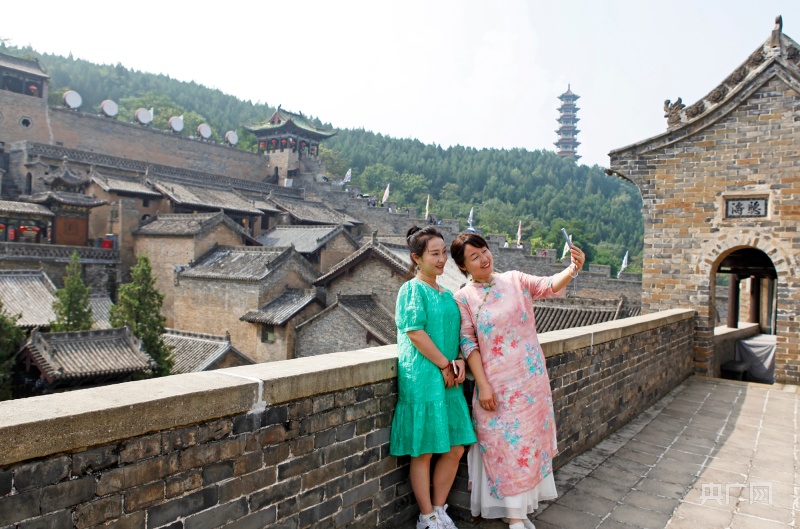
Jincheng Yangcheng Confucian Temple.
Travel Tips
- It’s advisable to book accommodations in advance, especially during peak tourist seasons, to ensure availability.
- Many restaurants may not have English menus, so it can be helpful to have dish names written down or to use translation apps to facilitate your dining experience.
- Be sure to sample local snacks and street food, as they offer a unique taste of the region’s culinary culture.
With a mix of traditional flavors and comfortable places to stay, your visit to the Jincheng Yangcheng Confucian Temple will be both memorable and satisfying. Enjoy your culinary adventure!
Frequently Asked Questions
-
Where is the Jincheng Yangcheng Confucian Temple located?
The Jincheng Yangcheng Confucian Temple is situated in the southeastern corner of Yangcheng County, Jincheng City, Shanxi Province, China. -
What is the historical significance of the temple?
This temple, established during the Ming and Qing Dynasties, is recognized as a protected cultural site in Shanxi Province. It serves as a monument to Confucianism and encapsulates the educational and cultural heritage of the area. -
What are the opening hours of the temple?
The temple is generally open from 8:00 AM to 6:00 PM, but it is advisable to check local sources for any changes in operating hours before your visit. -
Is there an admission fee to enter the Jincheng Yangcheng Confucian Temple?
Yes, an admission fee is typically required. The exact amount can vary, so it’s best to confirm this information prior to your visit. -
What are the main attractions within the temple complex?
The temple features traditional architecture, beautifully landscaped gardens, and various halls dedicated to Confucius and notable scholars. Visitors can admire the intricate carvings and inscriptions that reflect Confucian philosophy. -
How can I get to the temple from the city center?
The temple is accessible by local transportation options, including buses and taxis. It’s recommended to check local maps or transportation apps for the best routes and options. -
Are there any guided tours available?
Yes, guided tours may be available for visitors interested in a more in-depth experience. These tours can provide valuable insights into the history and significance of the temple. -
What should I wear when visiting the temple?
Visitors are encouraged to dress modestly and respectfully, in alignment with the cultural significance of the temple. Comfortable shoes are also recommended for walking around the temple grounds.
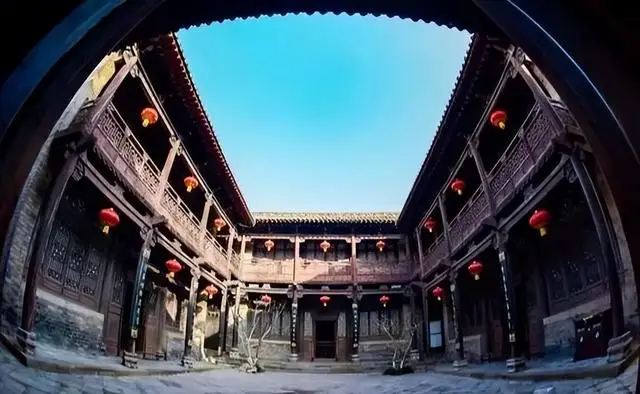
Jincheng Yangcheng Confucian Temple.
Final Thoughts on Your Trip
Visiting the Jincheng Yangcheng Confucian Temple is more than just a stroll through a historic site; it is an invitation to immerse oneself in the rich tapestry of Chinese culture and philosophy. This ancient temple, nestled in the heart of Shanxi Province, stands as a testament to the enduring legacy of Confucianism and its profound influence on Chinese society. As you wander through its serene courtyards, admire the intricate architecture, and reflect on the wisdom of Confucius, you will find yourself transported to a time when scholars and sages sought enlightenment and virtue.
The temple not only serves as a monument to the past but also as a vibrant center for learning and cultural exchange today. Engaging with the local community and participating in traditional ceremonies can deepen your appreciation for the values and teachings that have shaped Chinese civilization for centuries. Whether you are a history buff, a culture enthusiast, or simply seeking a peaceful retreat, the Jincheng Yangcheng Confucian Temple offers a unique experience that will leave a lasting impression.
As you conclude your visit, carry with you the spirit of this sacred place—its commitment to education, respect for tradition, and the pursuit of moral excellence. Allow these ideals to resonate in your own life, and may your journey through the temple inspire you to explore further the threads of wisdom woven throughout the world.
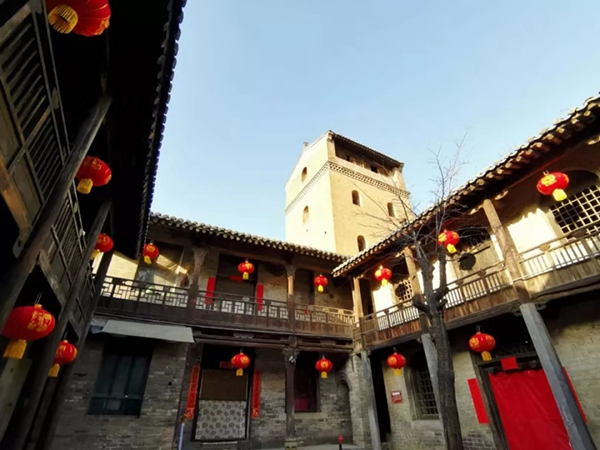
Jincheng Yangcheng Confucian Temple.
